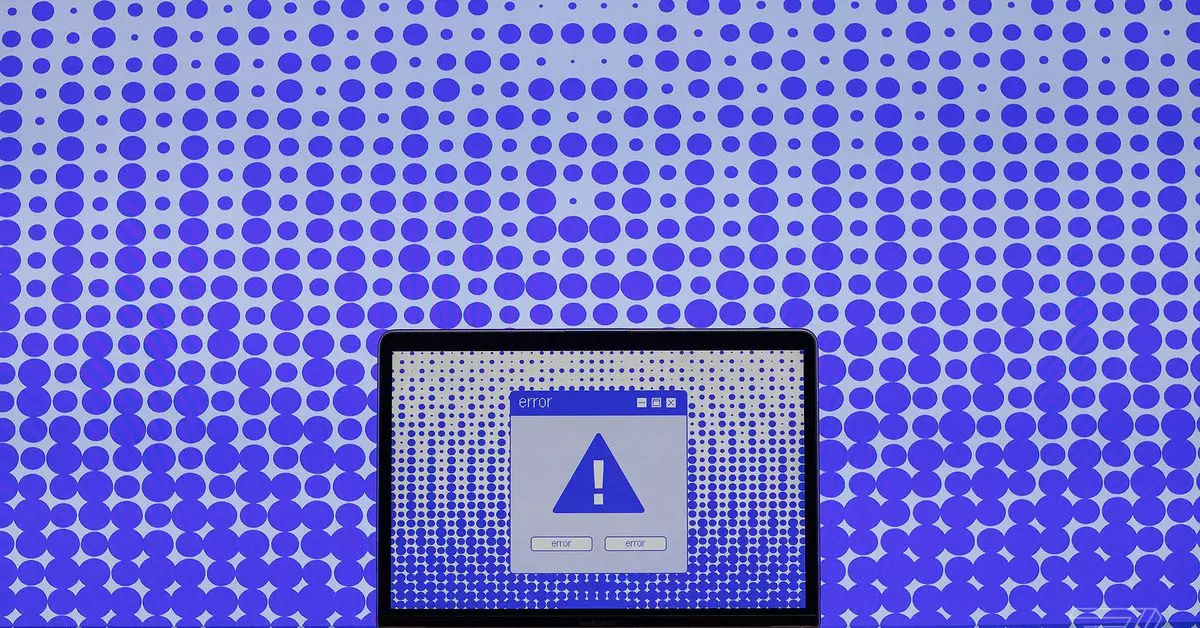In an increasingly digital world, the safety and security of online libraries and archives are paramount for users who rely on them for historical data and reference materials. Recently, the Internet Archive—home to the Wayback Machine, which allows users to access archived versions of web pages—suffered a significant cyberattack that temporarily took its services offline. This incident raises serious questions about the vulnerability of digital repositories and the measures they have in place to protect user data.
The cyberattack that struck the Internet Archive was particularly damaging, unveiling sensitive information tied to over 31 million unique email addresses. Such data breaches serve as stark reminders of the inherent risks associated with online databases and the importance of stringent cybersecurity practices. When a platform that archives literature, web pages, and important digital resources faces an attack, the implications extend beyond technical difficulties. Users lose access to vital information and are left wondering about the safety of their personal data.
Brewster Kahle, founder of the Internet Archive, has assured users that their data remains secure despite the breach. His communication emphasized transparency and the urgent steps that the organization is taking to mitigate the situation. Kahle stated that there would be a temporary shutdown of services while their team examines the breach and strengthens security protocols. Such openness is critical in restoring user trust, as many might be apprehensive about the safety of their information following a significant breach.
Moreover, Kahle’s assertion that services would be restored “in days, not weeks” offers a glimmer of hope. Quick recovery and a commitment to improving security measures are crucial in retaining users who may feel uneasy using the platform after such an incident. Effective communication is essential to prevent panic and maintain user confidence; therefore, the Internet Archive’s approach to handling the situation is commendable.
In the wake of the Internet Archive’s cybersecurity challenges, platforms such as Have I Been Pwned play an essential role in alerting users about potential threats. Founded by Troy Hunt, this service allows individuals to check if their information has been compromised in data breaches. The interconnectivity between these platforms and the repositories they monitor underlines the importance of proactive measures and user awareness in preventing data loss.
Users have a responsibility to seek out their cybersecurity status, and services like Hunt’s serve as a valuable resource. As the Internet Archive works to reinforce its defenses, it is vital for users to remain informed and vigilant about their own online security. The rise of cyberattacks necessitates a shift in how individuals perceive and engage with digital libraries—viewing them not only as resources but also as entities that require their attention and understanding in terms of security.
The Internet Archive’s recent cyberattack highlights the intricate relationship between technology and vulnerability. As digital libraries continue to expand, organizations must prioritize cybersecurity measures to protect users’ data and the valuable resources they provide. The commitment to transparency, user safety, and robust security protocols will define the future of digital archiving.
While the recent cyberattack on the Internet Archive is undeniably alarming, it has served as a critical learning moment for both users and organizations alike. As we continue to navigate the complexities of the digital landscape, vigilance and proactive measures will be paramount in ensuring the integrity and security of essential online resources.


Leave a Reply
You must be logged in to post a comment.